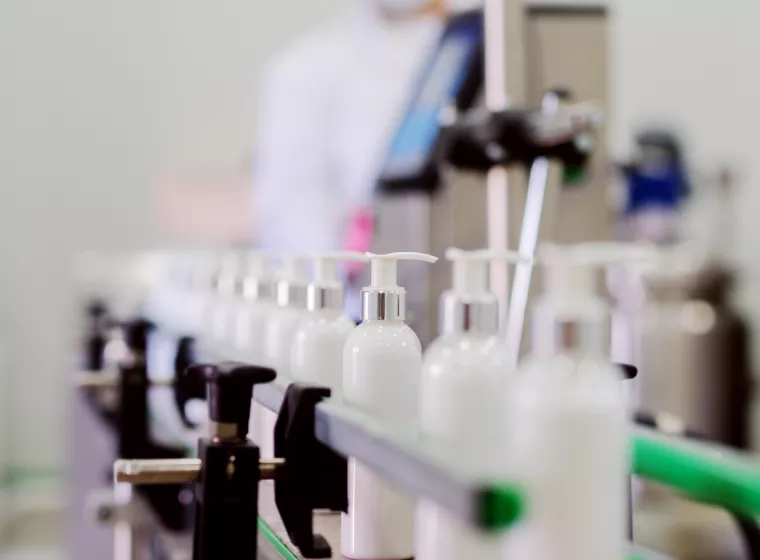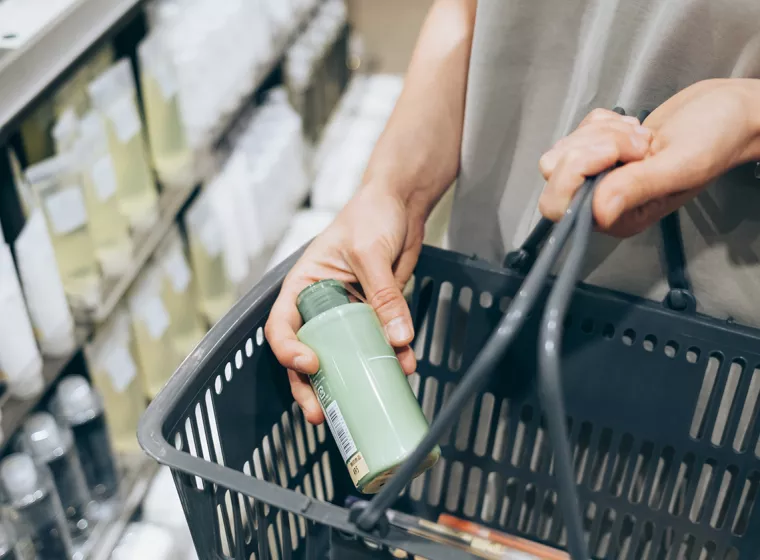May 26, 2023
New European regulations are forcing the cosmetics industry to rethink fragrance and botanical ingredient labeling on products
Anticipated this summer, the European Commission will publish and adopt an amendment to Annex III of Cosmetic Regulation (EC) No 1223/2009 expanding the previous list of 25 labelled allergens to more than 80. The amendment will go into effect 20 days after the publication date, carrying significant impacts for the cosmetics industry and various challenges for different brands, as well as competitive opportunities for those who can get ahead of new requirements.
What to expect from new EU allergen regulations
Once the amendment to Annex III is announced, manufacturers will have a three-year transition period to comply with the new regulation, including updating product labeling and revising all necessary documentation. Retailers will have until 2028 to remove/withdraw all non-compliant products from the shelves of stores in EU member countries.
To promote awareness, the European Commission released a draft listing these additional 56 cosmetic allergens through the World Trade Organization in September 2022. The roots of this regulatory amendment stretch back to 2012, when the EU's Scientific Committee on Consumer Safety first published an opinion identifying those 56 additional fragrances and substances the committee alleges to cause skin allergies or irritations.
According to the amendment draft, fragrance allergens must be individually labeled on cosmetic products, in addition to the use of the terms "parfum" or "aroma," if their concentration exceeds 0.001% in leave-on products and 0.01% in rinse-off products. The European Commission defines fragrance substances as organic compounds with characteristic, usually pleasant, odors.
Updated fragrance and allergen substances identified in Annex III include:
- Pure substances: Listed examples include anethole, beta-caryophyllene, menthol, terpineol, linalyl acetate, camphor, vanillin, and geraniol derivatives (geranial and geranyl acetate)
- Natural extracts: Listed examples include citrus limon oil, eucalyptus globulus oil, ylang-ylang oil (Cananga odorata flower oil), cinnamon oil (Cinnamomum zeylanicum bark oil), and lavender oil (Lavandula officinalis flower oil)
The commission has stated the amendment will protect consumers from acquiring fragrance allergies and will additionally protect sensitized individuals from developing allergy symptoms. Throughout the consultation process, cosmetic industry groups have advocated for longer transition periods and digital or e-labeling as an alternative to on-pack labeling and have maintained that existing products do not pose any new risk and should not be subjected to market withdrawal.
Additionally, impacts for industry are likely to include:
- Increased costs for companies related to product labeling and the significant extra space that may be required to list all individual new fragrance allergens
- Increased analytical testing requirements and safety assessments
- Fragrance/botanical ingredient and final cosmetic product reformulations, increasing the costs and timelines of new product development
- Consumer concerns and education around the new extensive allergen list stated on products
What Can We Help You Solve?
Exponent's cosmetic safety and regulatory compliance consultants are equipped to provide expert guidance to manufacturers and distributors of cosmetic products or fragrances ingredients sold in the EU, UK, and other international markets. Our wide-ranging experience in the cosmetics industry enables us to help you identify potential regulatory issues and optimize product safety and quality.

Regulation & Safety of Personal Care Products
Ensure safe, high-quality personal care products with experienced consulting expertise.

Consumer Products: Cosmetics & Personal Care
Personal care products consulting for registration, notification targets, and product development.


